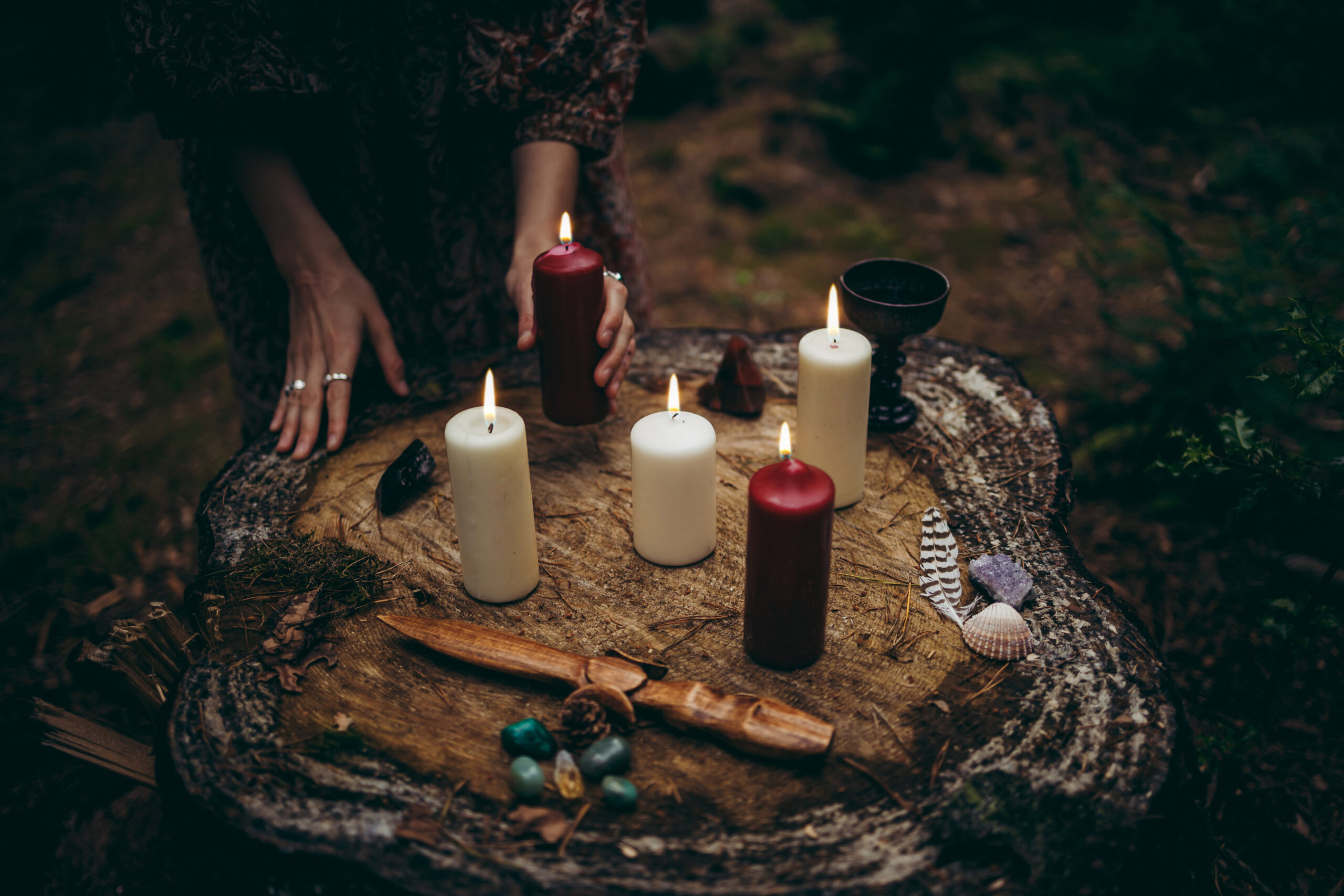Finding Julia Copus was a perky case of right place, right time.
When I stumbled into a poetry event at the Bluecoat, Liverpool, last year, I had no idea who’d be reading. I’d fallen a little out of the loop with the writing scene and was having a cheeky search for cocktails around the Albert Dock when I saw her advertised. I strolled along, took my seat at a small scrubbed-white table and six months later I own every book she’s ever written.
Yes, I missed my last train. Yes, it was completely worth it. Yes, I despise Mersey Rail.

Shortlisted for the Costa Award and the TS Eliot Prize, The World’s Two Smallest Humans (F&F, £9.99) is Julia’s third collection and tackles some emotional struggles from the poet’s own life.
Having just finished her In Defense of Adultery, I felt that this latest collection was disjointed, making it easy to stop reading and pick up much later. This was quite dissatisfying. Individually, the poems are beautiful pieces, with the fascinatingly palindromic ‘Raymond, at 60’ showing immense skill, honed and perfected. ‘A Soft-Edged Reed of Light’ swells from a conversational teasing, to a burst of feeling that I don’t think I was ready for and made me blub my way rather messily through the next pages. Copus’ way of provoking strong reactions is stunning and keeps you repeating her lines long after. I find her work beautiful. However it wasn’t until the final section of the book, that I felt the collection unite.
The eleven-poem ‘Ghost’ speaks in-depth about the poet’s experience with IVF and is best not read on a bus surrounded by excitable school-kids, as I found to my dismay. ‘Inkling’ and ‘Pledge’ are devastatingly stark and bring the book together in a bleak climax.
The World’s Two Smallest Humans is an elegy to lost love, lost childhood, and lost children. Julia Copus was an amazing discovery, and this is the poem that keeps me hooked time after time:
A SOFT-EDGED REED OF LIGHT
That was the house where you asked me to remain
on the eve of my planned departure. Do you remember?
The house remembers it – the deal table
with the late September sun stretched on its back.
As long as you like, you said, and the chairs, the clock,
the diamond leaded lights in the pine-clad alcove
of that 1960s breakfast-room were our witnesses.
I had only meant to stay for a week
but you reached out a hand, the soft white cuff of your shirt
open at the wrist, and out in the yard,
the walls of the house considered themselves
in the murk of the lily-pond, and it was done.
Done. Whatever gods had bent to us then to whisper,
Here is your remedy – take it – here, your future,
either they lied or we misheard.
How changed we are now, how superior
after the end of it – the unborn children,
the mornings that came with a soft-edged reed of light
over and over, the empty rooms we woke to.
And yet if that same dark-haired boy
were to lean towards me now, with one shy hand
bathed in September sun, as if to say,
All things are possible – then why not this?
I’d take it still, praying it might be so.
Take a look at some of the latest events at the Liverpool Bluecoat.






